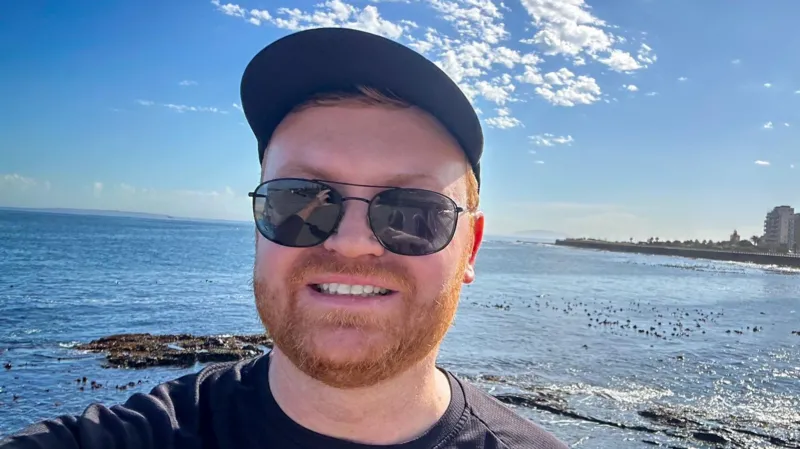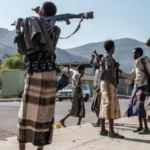In recent months, a surprising development has captured international attention: reports suggest that some Afrikaners, a historically distinct white ethnic group in South Africa, are contemplating accepting a U.S. government offer to relocate as refugees. This potential migration stems from deep-rooted fears of ongoing violence, economic instability, and the uncertain future of their community under South Africa’s current political landscape.
Historical Context of Afrikaners in South Africa
Afrikaners trace their origins to Dutch settlers who arrived in the 17th century. Over centuries, they established a unique cultural identity, with a stronghold in the agricultural sector and political dominance during the apartheid era. Although apartheid officially ended in 1994, many Afrikaners continue to feel marginalized, citing concerns over land reforms, cultural erosion, and safety.
Current Challenges in South Africa
South Africa faces multifaceted challenges that impact its minority communities:
- Violence and Crime: The country has one of the world’s highest crime rates, with violent attacks often targeting farms and rural communities. Several high-profile incidents involving Afrikaner farmers have garnered international media attention, fueling fears of targeted violence.
- Land Reform and Political Uncertainty: Land redistribution policies, aimed at addressing historical inequalities, have created tensions. Some Afrikaners worry about losing ancestral lands and economic security.
- Economic Decline: Persistent unemployment, inflation, and reduced investment have led to economic hardship, prompting some to seek stability elsewhere.
The U.S. Refugee Offer: What’s on the Table?
While the U.S. government has not officially announced a broad refugee program targeting Afrikaners, there have been reports of individual and organizational efforts to facilitate migration for South Africans facing persecution or hardship. Some advocacy groups have highlighted the plight of Afrikaners, urging the U.S. to consider humanitarian refugee pathways.
Sources suggest that some Afrikaners see the United States—particularly regions like Texas and Florida, known for their welcoming stance towards immigrants—as potential safe havens. The idea is to preserve their cultural identity, seek economic stability, and escape violence.
Evidence and Public Sentiment
Although concrete data remains limited, anecdotal evidence indicates a rising interest among certain Afrikaner communities in relocating:
- Community Initiatives: Some organizations have begun offering guidance on migration procedures, legal requirements, and integration support.
- Media Reports: South African and international media have documented individual stories of Afrikaners applying for visas or exploring emigration options.
- Social Media: Online forums and social platforms reveal discussions among Afrikaners about relocating, citing safety concerns and the desire for a fresh start.
Challenges and Realities of Emigration
Despite the optimism, migrating to the U.S. involves complex legal and logistical hurdles:
- Visa Regulations: The U.S. has strict immigration policies; refugees must meet specific eligibility criteria related to persecution or violence.
- Economic and Cultural Adjustment: Integration into American society can be challenging, especially for those unfamiliar with the language and legal systems.
- Global Competition: Many other groups and individuals seek refuge in the U.S., making the process competitive.
Is This a Viable Solution?
While some Afrikaners are genuinely exploring this option, experts caution against viewing it as a panacea. Emigration might provide temporary relief but does not address the root causes of their concerns—namely, political stability, land rights, and safety within South Africa.
Conclusion
The prospect of Afrikaners taking up the U.S. refugee offer highlights complex socio-political dynamics in South Africa and the enduring desire among some to preserve their cultural heritage and safety. While evidence points to growing interest in emigration, significant hurdles remain. Whether this movement will gather momentum or remain a niche phenomenon depends on evolving circumstances both within South Africa and in international migration policies.
As developments unfold, the world watches to see if these historical communities find new homes and stability abroad or continue to grapple with the challenges at home.
Email Us on editorial@nnafrica.com













